
Parents usually mean well. But sometimes, words meant to encourage or protect can land the wrong way. They might come from love or concern—but to a child, they can feel dismissive, belittling, or shaming. These phrases often stick longer than intended and shape the way kids view themselves, even into adulthood. Here are 15 things parents say that sound helpful on the surface but can quietly cause harm.
“You’re fine. Stop crying.”
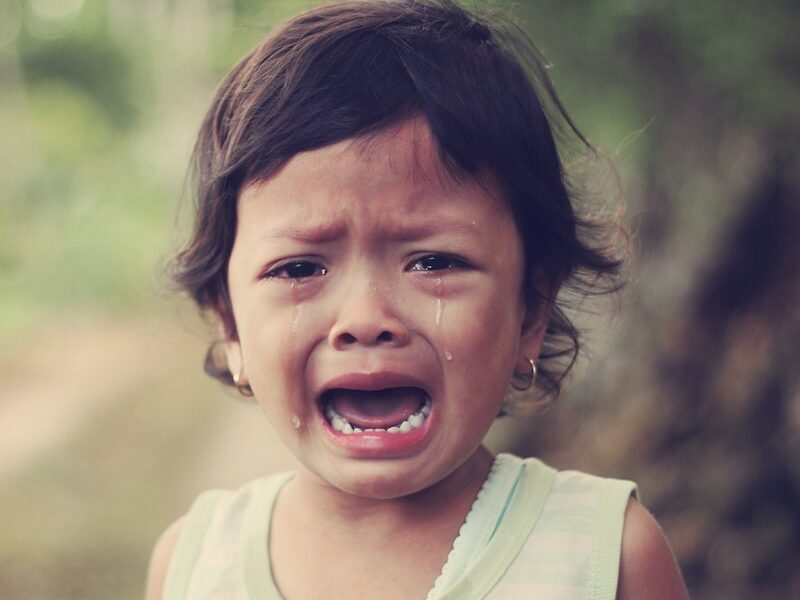
What sounds like a nudge to toughen up can make a child feel like their feelings aren’t valid. Even if the situation seems small to an adult, it’s real for the child. Saying this teaches them to bottle emotions instead of working through them. Over time, they may start to doubt their own reactions, thinking emotional expression is something to hide or suppress.
“You’re being too sensitive.”
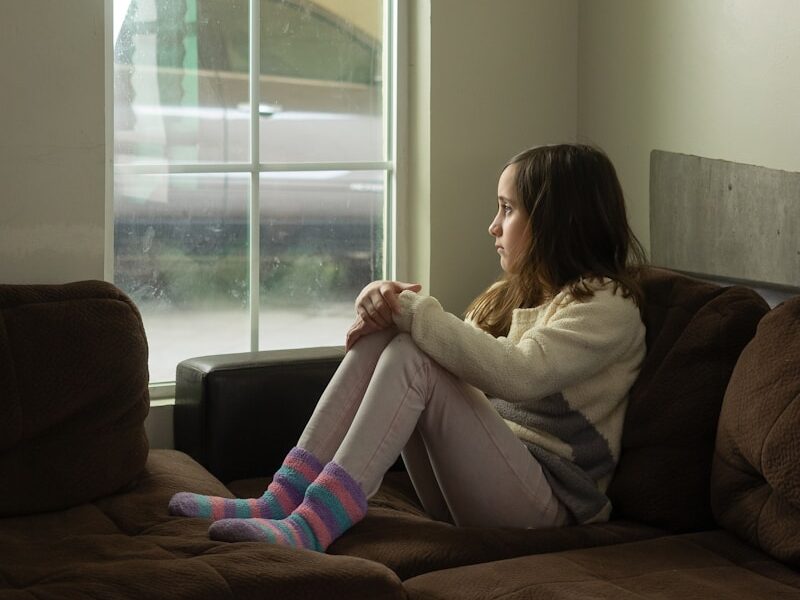
This line tells a child their feelings are exaggerated or wrong. While it may be meant to calm things down, it often does the opposite. It makes kids feel misunderstood and ashamed of their emotional responses. Over time, they may start to second-guess their instincts, fearing judgment for expressing vulnerability or reacting honestly to how something made them feel.
“You have so much to be grateful for.”

Gratitude is important, but using it to silence discomfort can backfire. When a child is upset and hears this, it can feel like their struggles are being dismissed. It teaches them to bury pain under guilt. They learn that expressing sadness or frustration is selfish, even when it’s valid. Gratitude should be modeled—not weaponized against real emotional needs.
“Because I said so.”
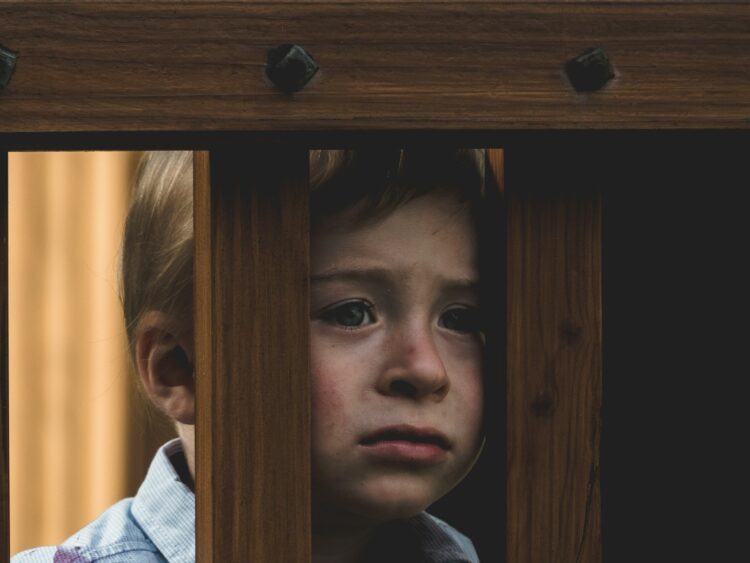
While sometimes used in moments of stress, this phrase shuts down dialogue. It tells the child that questioning or understanding rules isn’t welcome. Instead of feeling safe and guided, they feel powerless. Over time, this can ruin trust and reduce a child’s willingness to open up. They may learn to comply, but not because they understand—it’s because they no longer feel heard.
“Don’t make a scene.”
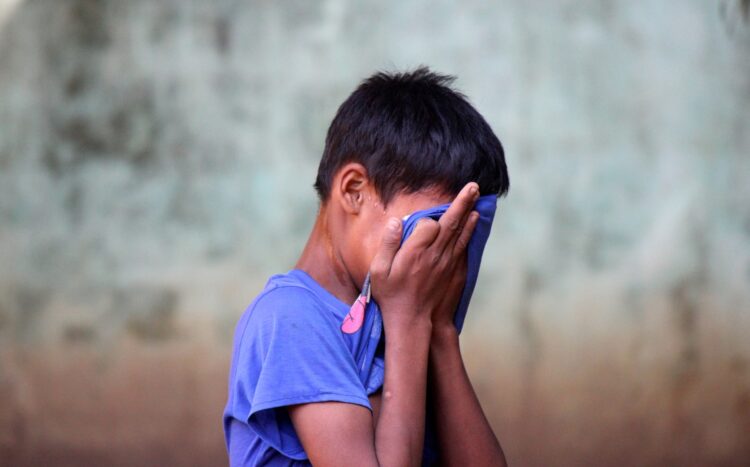
This comment usually comes when a child is overwhelmed in public. Instead of helping them self-regulate, it shames them into silence. It suggests their emotional response is embarrassing, which can lead to anxiety about expressing feelings in front of others. Children remember the feeling of being “too much,” and that memory can follow them into adulthood interactions.
“Let it go. It’s not a big deal.”
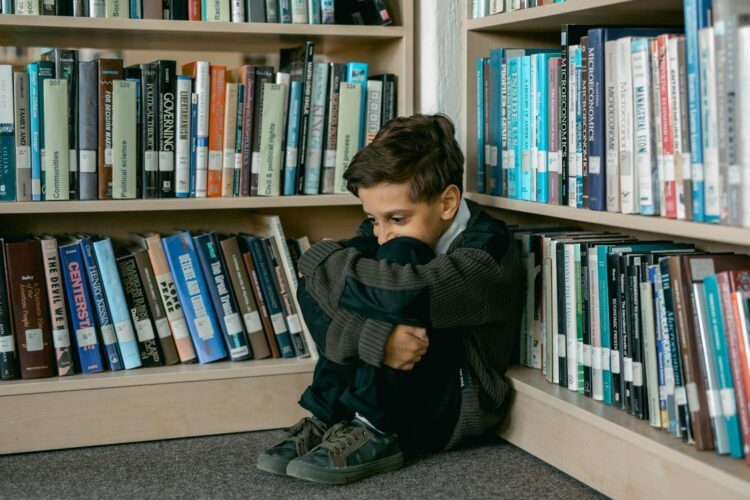
To a child, many things feel like a big deal. Saying this might seem like a way to offer perspective, but it can minimize their reality. It teaches them to distrust their own emotional compass. Instead of learning how to work through conflict or disappointment, they’re told to erase it and move on, even when they haven’t processed what happened.
“You’re the oldest. You should know better.”

Responsibility is important, but this phrase can place a heavy burden on older children. It makes them feel like they’re not allowed to make mistakes or feel frustrated. They often carry guilt or perfectionism into adulthood, always trying to be “better” even when they’re struggling themselves. It’s a quiet way of saying their needs come second, and they remember that.
“Other kids have it worse.”
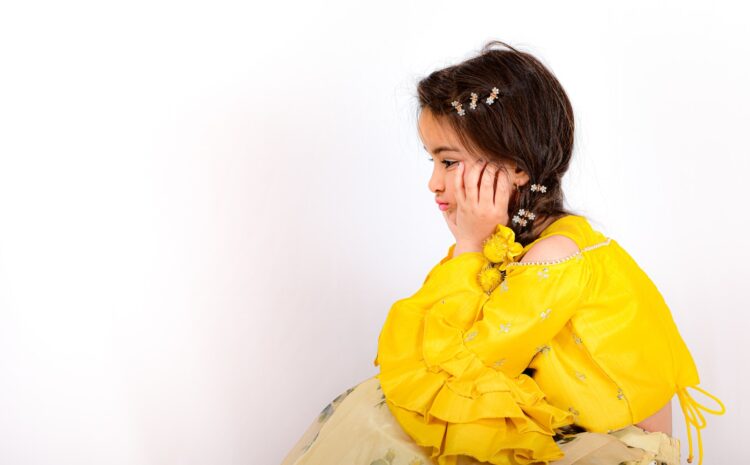
This may be said with the intent of building resilience, but it usually fosters shame. Children don’t process pain through comparison. Telling them others suffer more doesn’t make their own pain disappear. Instead, it just teaches them to hide it. They grow up believing their struggles aren’t valid, which can lead to emotional suppression and an inability to ask for help.
“You’re so smart, you’ll figure it out.”
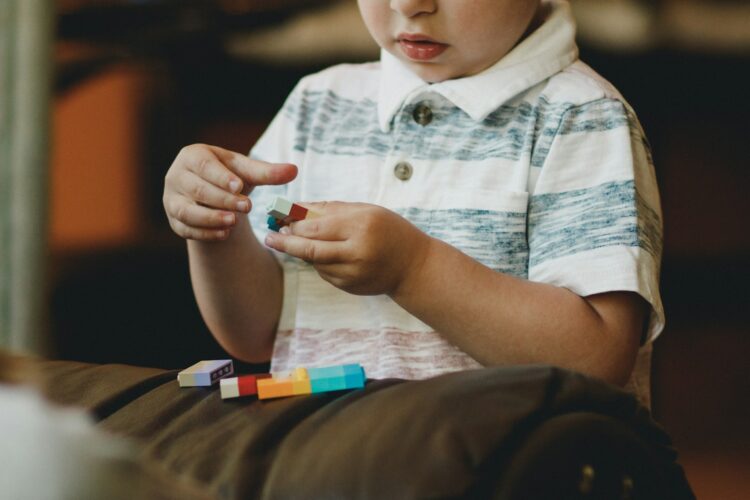
Praise can be powerful, but if it comes without support, it creates pressure. Kids feel like they’re not allowed to struggle or ask for help because “smart” kids don’t need it. It also turns intelligence into identity. When things do get hard, they’re less likely to speak up, fearing they’ll lose the label that once brought approval. Encouragement should include space for effort and mistakes.
“Just ignore them. They’re jealous.”
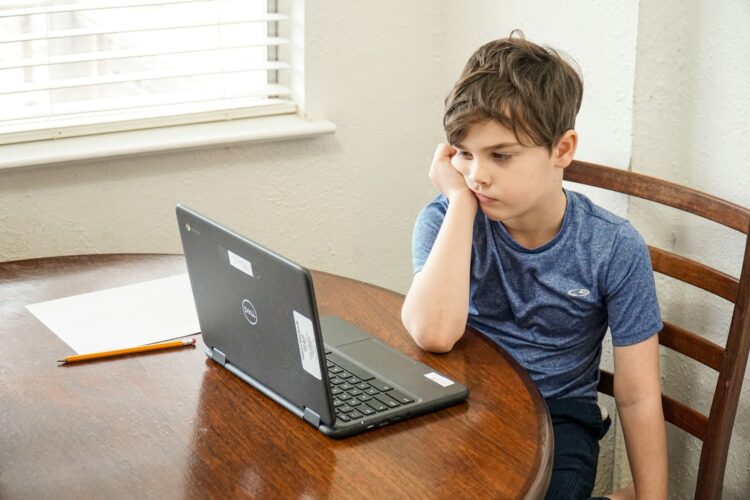
This might be meant to protect a child from bullying or criticism, but it glosses over real hurt. It skips the hard part, which is processing emotions and dealing with conflict. Kids are left with confusion instead of tools. They learn that they should brush aside painful experiences instead of working through them, which can make emotional wounds linger even longer than the teasing itself.
“That’s not how it happened.”

Correcting a child’s memory in front of others can seem like a small thing, but it can chip away at confidence. If it happens often, the child may start to question their own perception of events. They might hesitate to share feelings or stories, fearing they’ll be corrected or doubted. It’s better to explore the memory gently than to outright dismiss it.
“Stop acting like a baby.”

This comment usually comes when a child is upset or scared. While the goal may be to encourage maturity, it often leads to shame. It tells kids that fear or neediness is something to be embarrassed about. Instead of learning how to cope, they learn to hide vulnerability. And as they grow, they may struggle with expressing fear or seeking comfort when they need it most.
“You’re okay. Shake it off.”

When a child is physically or emotionally hurt, this line skips over comfort and goes straight to dismissal. It can teach them that pain must be swallowed, not soothed. Even when meant to be encouraging, it can come across as cold. Kids need to know it’s okay to feel discomfort and that someone is there to help them through it.
“I only want what’s best for you.”
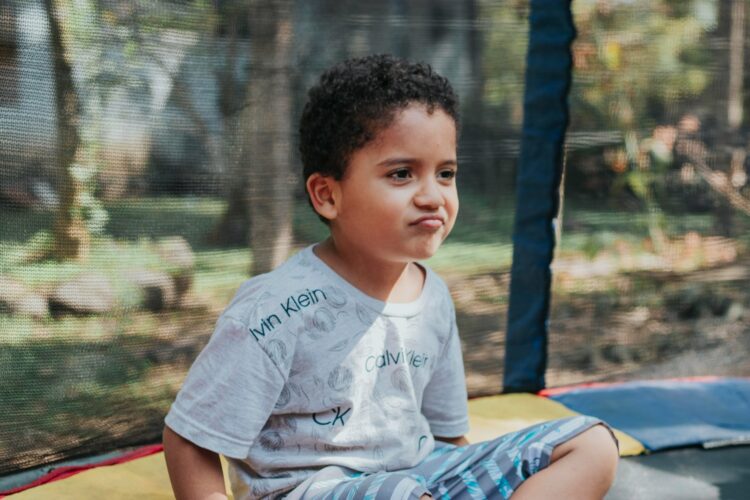
This phrase is often used to justify strict rules or personal opinions. But for the child, it can feel like their own desires don’t matter. It shuts down conversation by cloaking control in care. Over time, they might stop voicing their thoughts altogether. What they hear is: “My version of what’s best is more important than your voice or feelings.”
“You’ll understand when you’re older.”
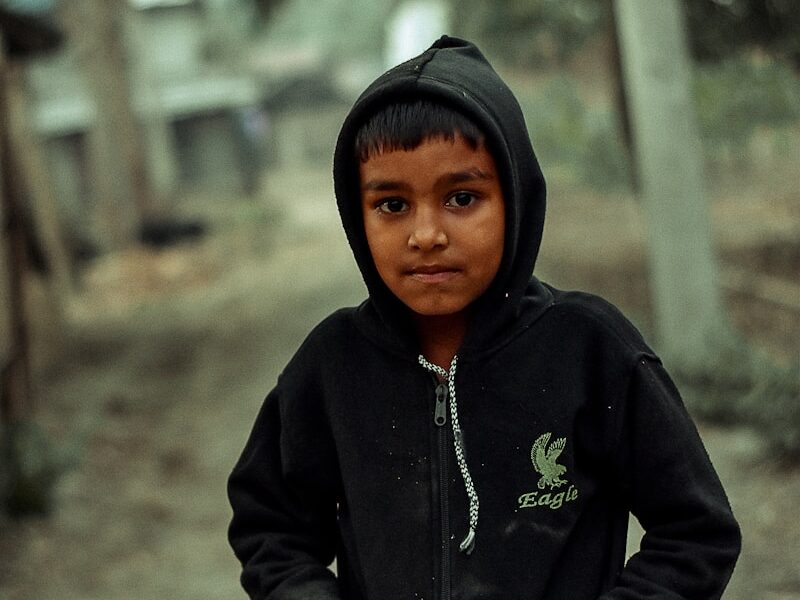
This line can make a child feel small and excluded. While some concepts are genuinely complex, brushing off curiosity or emotion with this phrase tells them they don’t deserve a real answer. It creates distance at moments when connection is needed. Kids may stop asking, believing their thoughts aren’t worth addressing until some imaginary age where they finally become valid.

